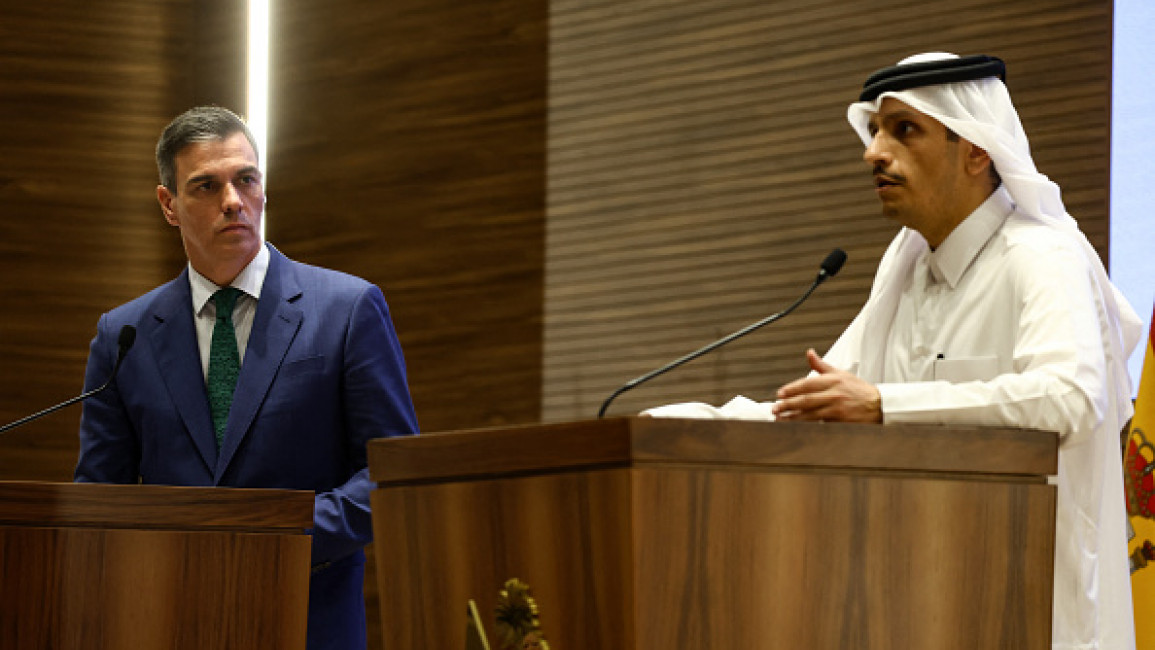Return of displaced Gazans key issue blocking truce deal: Qatar PM
Israeli objections to the return of displaced Gazans to their homes is the key issue holding up negotiations for a ceasefire in Israel's war on Gaza, mediator Qatar said on Wednesday.
"The return of the IDPs (internally displaced people) to their homes, which the Israelis didn't agree to yet... is the main point we are stuck in," Qatar's Prime Minister and Foreign Minister Sheikh Mohammed bin Abdulrahman Al-Thani told a press conference.
Another outstanding issue pertains to the number of Palestinian prisoners to be released by Israel in exchange for each hostage freed by Hamas, Sheikh Mohammed said, noting however, that he believed this "can be bridged."
Qatar, alongside the United States and Egypt, has been engaged in weeks of behind-the-scenes talks in a bid to secure a truce in the Gaza Strip and the release of Israeli hostages in exchange for Palestinian prisoners being held in Israeli jails.
The mediators had hoped to secure a ceasefire before the start of Ramadan, but progress stalled and the Muslim holy month is nearly over.
The major sticking points remain the same as those that stymied a deal during negotiations in Paris in February, Sheikh Mohammed said.
"Unfortunately, the points that we were stuck in when in February we were negotiating in Paris are basically the same points we are (still) stuck in," he told reporters.
"We are trying our best to introduce solutions, we are trying our best to make sure that... there are some middle grounds being created," the Qatari official said at a joint press conference with the visiting Spanish Prime Minister Pedro Sanchez.
Talks were to resume in Cairo last Sunday, Egyptian TV channel Al-Qahera reported, two days after Israeli Prime Minister Benjamin Netanyahu gave approval for fresh negotiations.
Israel and Hamas have traded blame for the failure of negotiations.
How Palestinians from Gaza risk massive new displacement and limited access to asylum in Europe ⤵ https://t.co/fFcNnGK7Y0
— The New Arab (@The_NewArab) April 3, 2024
Netanyahu on Sunday accused Hamas of "hardening its positions" in the talks, while on Wednesday Hamas chief Ismail Haniyeh said Israel "continues to procrastinate" in the negotiations.
Hamas launched a surprise attack on Israel on October 7 that resulted in about 1,160 deaths, according to an AFP tally of Israeli official figures. The group also seized some 253 hostages, but dozens were released during a week-long truce in November. Several have died, some killed by Israeli fire on Gaza.
In response, Israel waged an unprecedented air and ground offensive on Gaza that has killed at least 32,975 people, most of them women and children, according to the territory's health ministry. Israel's bombardment has pushed Gaza into famine and decimated its healthcare system.



